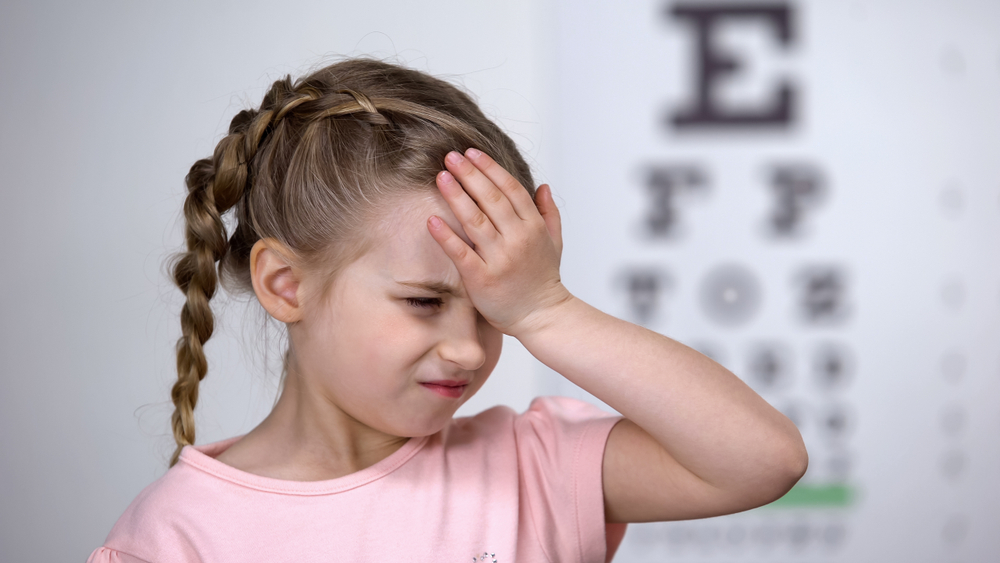
As children grow, their vision plays a vital role in learning, development, and everyday experiences. One of the most common vision conditions in children today is myopia, also known as nearsightedness. Understanding what myopia is, recognizing the signs, and knowing how to manage it can make all the difference in protecting your child’s eyesight.
What Is Myopia?
Myopia is a vision condition where distant objects appear blurry while nearby objects remain clear. This happens when the eye grows too long or the cornea curves too steeply, causing light to focus in front of the retina instead of directly on it. Myopia often begins in school-aged children and tends to progress as they grow.
Common Signs and Symptoms of Myopia in Children
Because children don’t always realize they’re experiencing vision problems, it’s important for parents to watch for signs such as:
Squinting when looking at distant objects
Complaints of blurry vision, especially at school
Sitting too close to the TV or holding books and tablets very close
Frequent headaches or eye strain
Difficulty seeing the whiteboard in class
If you notice any of these signs, scheduling an eye exam is the next step.
The Importance of Regular Pediatric Eye Exams
Even if your child doesn’t show symptoms, regular comprehensive eye exams are essential. Vision screenings at school or the pediatrician’s office can miss subtle vision problems, while an optometrist can detect early signs of myopia and track changes in your child’s vision over time. Detecting myopia early is critical because it allows for timely intervention and helps slow its progression.
Myopia Management Options
The good news is that myopia can be managed with treatments designed to slow its progression and reduce the risk of long-term eye health complications. At Motiveyes Eye Care, we offer advanced myopia management solutions, including:
Atropine Eye Drops: Low-dose atropine drops have been shown to slow myopia progression in children.
MiSight® 1 Day Contact Lenses: FDA-approved daily contact lenses specifically designed for myopia control.
Orthokeratology (Ortho-K): Special overnight contact lenses that gently reshape the cornea while your child sleeps, providing clear vision during the day without glasses or contacts.
These options are tailored to your child’s lifestyle, comfort, and vision needs.
Schedule Your Child’s Eye Exam Today
Myopia is becoming increasingly common among children, but with early detection and proactive management, you can help safeguard your child’s vision for the future. If you’ve noticed signs of myopia in your child or if it’s simply time for their next eye exam, don’t wait.
Schedule a pediatric eye exam at Motiveyes Eye Care and explore the best options for myopia management. Visit our office in Plano, Texas, or call (469) 656-8361 to book an appointment today.
















